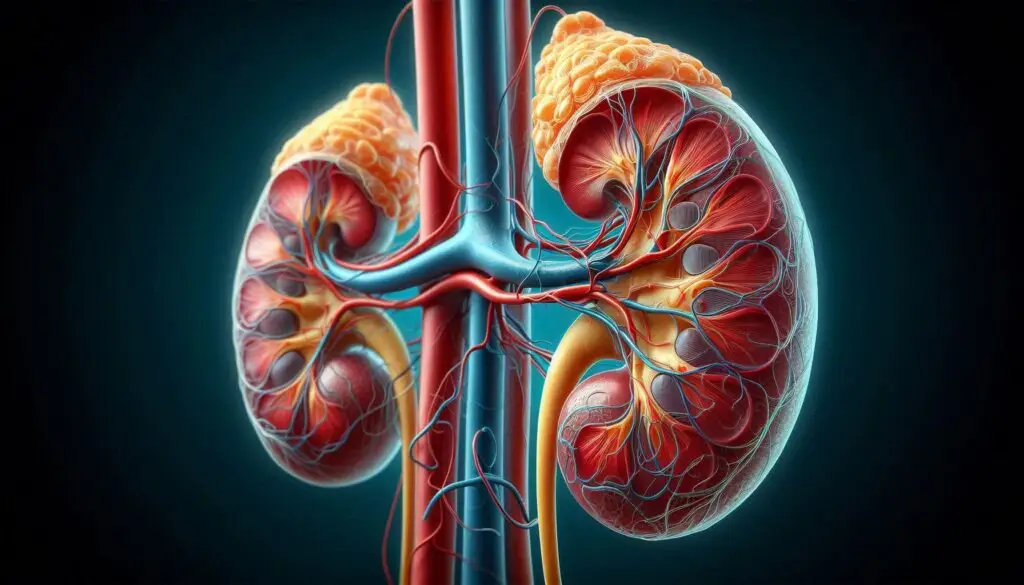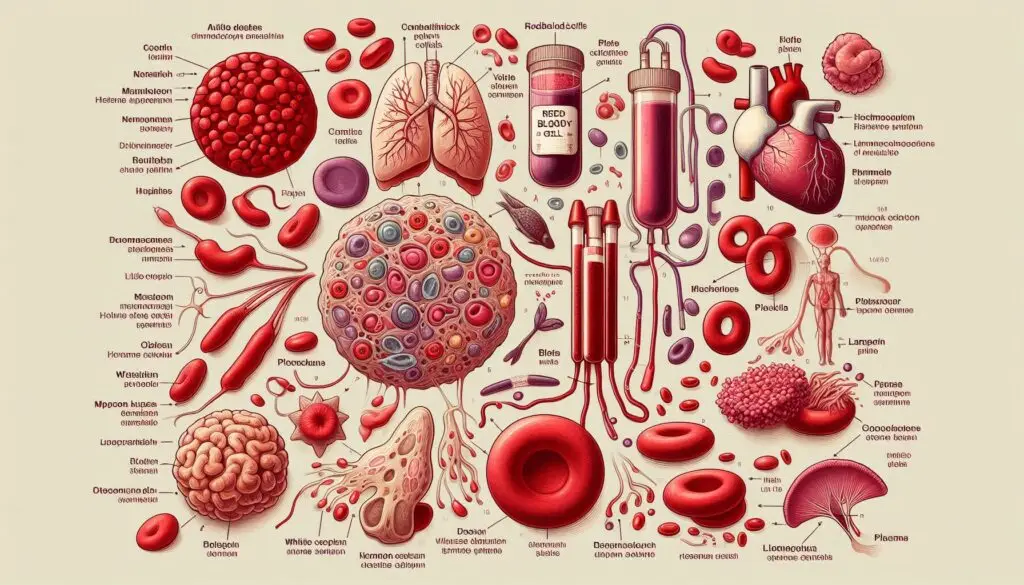The Role of Kidneys in Acid-Base Balance

Introduction to Acid-Base Balance
Acid-base balance refers to the mechanisms that maintain the pH of body fluids within a narrow range. The normal blood pH ranges from 7.35 to 7.45. Deviations from this range can lead to serious health issues. The kidneys play a crucial role in regulating this balance by controlling the levels of acids and bases in the blood.
Importance of pH Balance
Maintaining pH balance is vital for various physiological functions. Enzymatic reactions, metabolic processes, and cellular functions depend on a stable pH. If the pH strays too far from normal, it can lead to conditions such as acidosis (low pH) or alkalosis (high pH). Both conditions can have severe consequences for health.
How Kidneys Regulate Acid-Base Balance
The kidneys regulate acid-base balance primarily through three processes:
- Bicarbonate Reabsorption
- Hydrogen Ion Secretion
- Ammonium Excretion
Bicarbonate Reabsorption
Bicarbonate (HCO₃⁻) is a key buffer that helps maintain blood pH. The kidneys filter bicarbonate from the blood and reabsorb it back into circulation. This process occurs mainly in the proximal convoluted tubule of the nephron.
Mechanism of Bicarbonate Reabsorption
- When blood enters the nephron, bicarbonate ions are filtered into the renal tubule.
- In the proximal tubule, bicarbonate binds to secreted hydrogen ions (H⁺) to form carbonic acid (H₂CO₃).
- Carbonic anhydrase, an enzyme present in tubular cells, converts carbonic acid into water (H₂O) and carbon dioxide (CO₂).
- CO₂ diffuses into the cells where it combines with water to regenerate bicarbonate.
- This newly formed bicarbonate is then transported back into the bloodstream.
This process allows for nearly all filtered bicarbonate to be reabsorbed, maintaining blood pH levels.
Hydrogen Ion Secretion
The kidneys also secrete hydrogen ions into the urine. This process is essential for eliminating excess acidity from the body.
Mechanism of Hydrogen Ion Secretion
- In the proximal tubule and distal convoluted tubule, hydrogen ions are secreted in exchange for sodium ions.
- This exchange helps maintain sodium balance while removing excess H⁺ from the body.
- The secretion of H⁺ contributes to urine acidity and helps regulate systemic pH.
Ammonium Excretion
Ammonium (NH₄⁺) plays a critical role in acid-base regulation. It helps eliminate excess hydrogen ions while preserving bicarbonate levels.
Mechanism of Ammonium Excretion
- Ammonia (NH₃) is produced in renal cells from glutamine metabolism.
- NH₃ can bind with H⁺ ions in the tubular fluid to form NH₄⁺.
- This process allows for safe excretion of excess acidity without losing bicarbonate.
- NH₄⁺ is then concentrated in the inner medulla and excreted in urine.
Responses to Acid-Base Disorders
The kidneys adapt their functions in response to systemic acid-base disorders such as acidosis and alkalosis.
Response to Acidosis
During acidosis (when blood pH drops):
- The kidneys increase hydrogen ion secretion.
- Bicarbonate reabsorption is maximized.
- Ammonium excretion rises to eliminate excess acidity.
This coordinated response helps restore normal pH levels effectively.
Response to Alkalosis
In cases of alkalosis (when blood pH rises):
- The kidneys decrease hydrogen ion secretion.
- Bicarbonate reabsorption is reduced.
- Ammonium production decreases.
These adjustments help lower blood pH back toward normal levels.
Factors Influencing Renal Function
Several factors can influence how effectively the kidneys regulate acid-base balance:
- Diet: High protein diets produce more acids, increasing renal workload.
- Hydration Status: Dehydration can impair kidney function and affect acid-base regulation.
- Hormones: Hormones like aldosterone influence sodium and potassium balance, indirectly affecting acid-base homeostasis.
- Chronic Conditions: Diseases such as chronic kidney disease can impair renal function and disrupt acid-base balance.
Conclusion
The kidneys are essential for maintaining acid-base balance through their ability to reabsorb bicarbonate, secrete hydrogen ions, and excrete ammonium. These processes ensure that blood pH remains stable despite dietary changes or metabolic activities. Understanding these mechanisms highlights the importance of kidney health in overall physiological function.
For more pearls of Vets Wisdom:




Responses